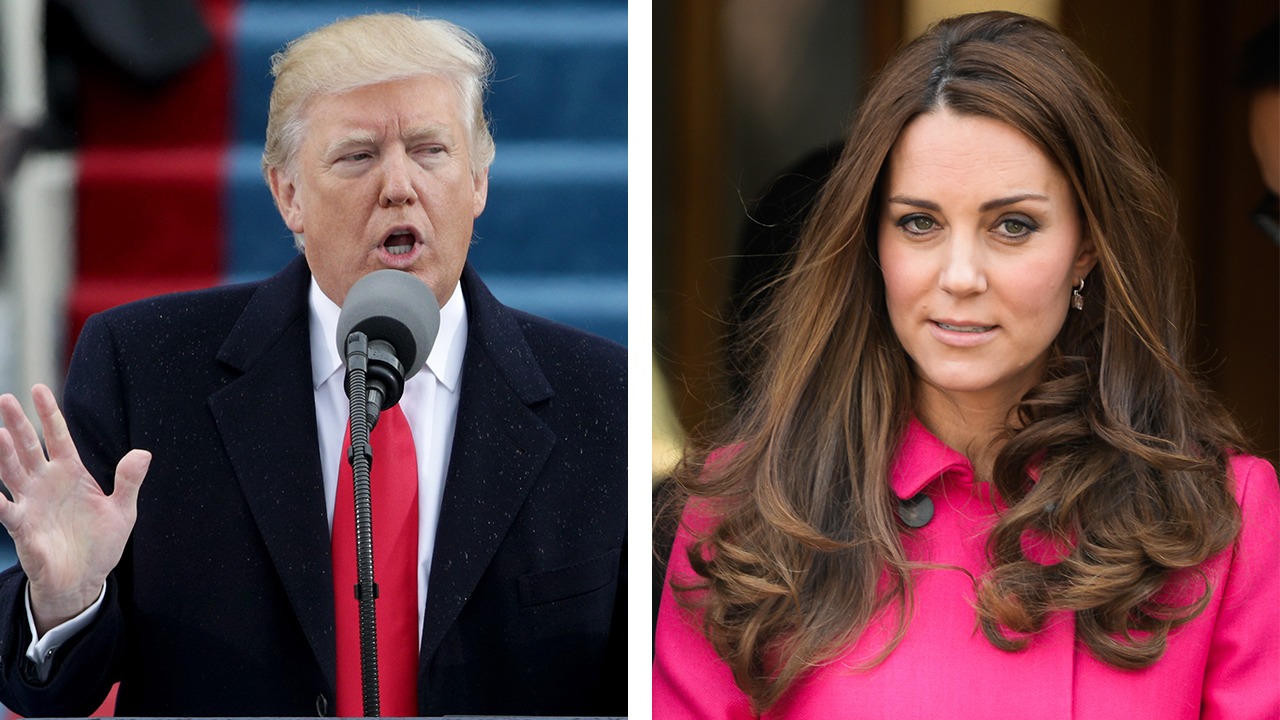In an interview with British politician Nigel Farage on GB News, a right-leaning news channel in the United Kingdom, former US President Donald Trump offered his perspective on the controversy surrounding the edited photo of Kate Middleton.
Trump’s remarks provided insights into his views on photo editing and its implications, shedding light on broader societal attitudes toward image manipulation.
Trump’s initial reaction to the edited photo was nonchalant. He remarked, “Well, that shouldn’t be a big deal because everybody is a doctor.”
Trump and Kate Middleton (Credits: New York Post)
This statement immediately captured attention, implying a normalization of photo editing practices within contemporary media culture.
By suggesting that photo manipulation is commonplace, Trump indirectly challenged the public’s perception of authenticity in visual representations.
Drawing from his experiences in the entertainment industry, Trump referenced encounters with edited images of “movie actors,” hinting at the prevalence of digital alterations in celebrity photography.
His anecdote hinted at skepticism regarding the authenticity of photos, reflecting a broader cultural shift towards heightened awareness of digital manipulation in media.
Trump’s characterization of the edited photo as “minor doctoring” further underscored his perception of the situation as trivial. His use of language downplayed the significance of the editing, framing it as inconsequential in the grand scheme of things.
This dismissive tone echoed sentiments commonly expressed by individuals desensitized to digital image alterations. Expressing confusion over the public outcry surrounding the edited photo, Trump questioned why such a minor alteration would provoke such a strong reaction.
His puzzlement highlighted a disconnect between his perspective and the prevailing attitudes towards photo manipulation, suggesting a potential gap in understanding between public perception and his viewpoint.
Trump and Kate Middleton (Credits: Business Insider Africa)
Trump’s remarks on the edited photo offer valuable insights into broader societal attitudes toward image manipulation and authenticity.
By normalizing the practice of photo editing and downplaying its significance, he inadvertently raises questions about the integrity of visual media in the digital age.
His comments underscore the need for critical engagement with images and the importance of transparency in media representation. Trump’s remarks on the edited photo of Kate Middleton provide a window into his views on image manipulation and its societal implications.
While his remarks may reflect a certain degree of detachment from prevailing norms, they also prompt deeper reflection on the role of authenticity in visual media and the need for greater transparency in image representation.
